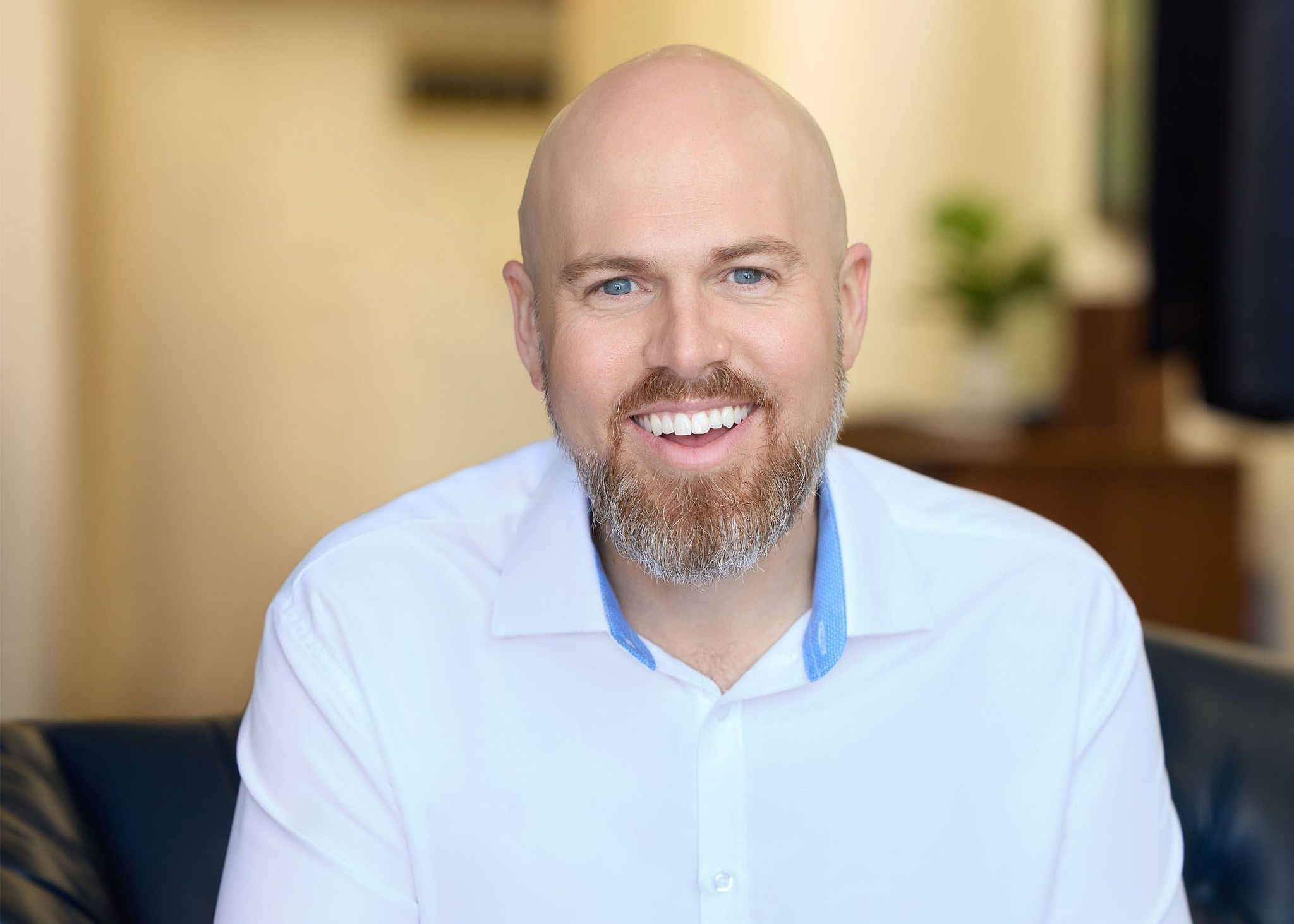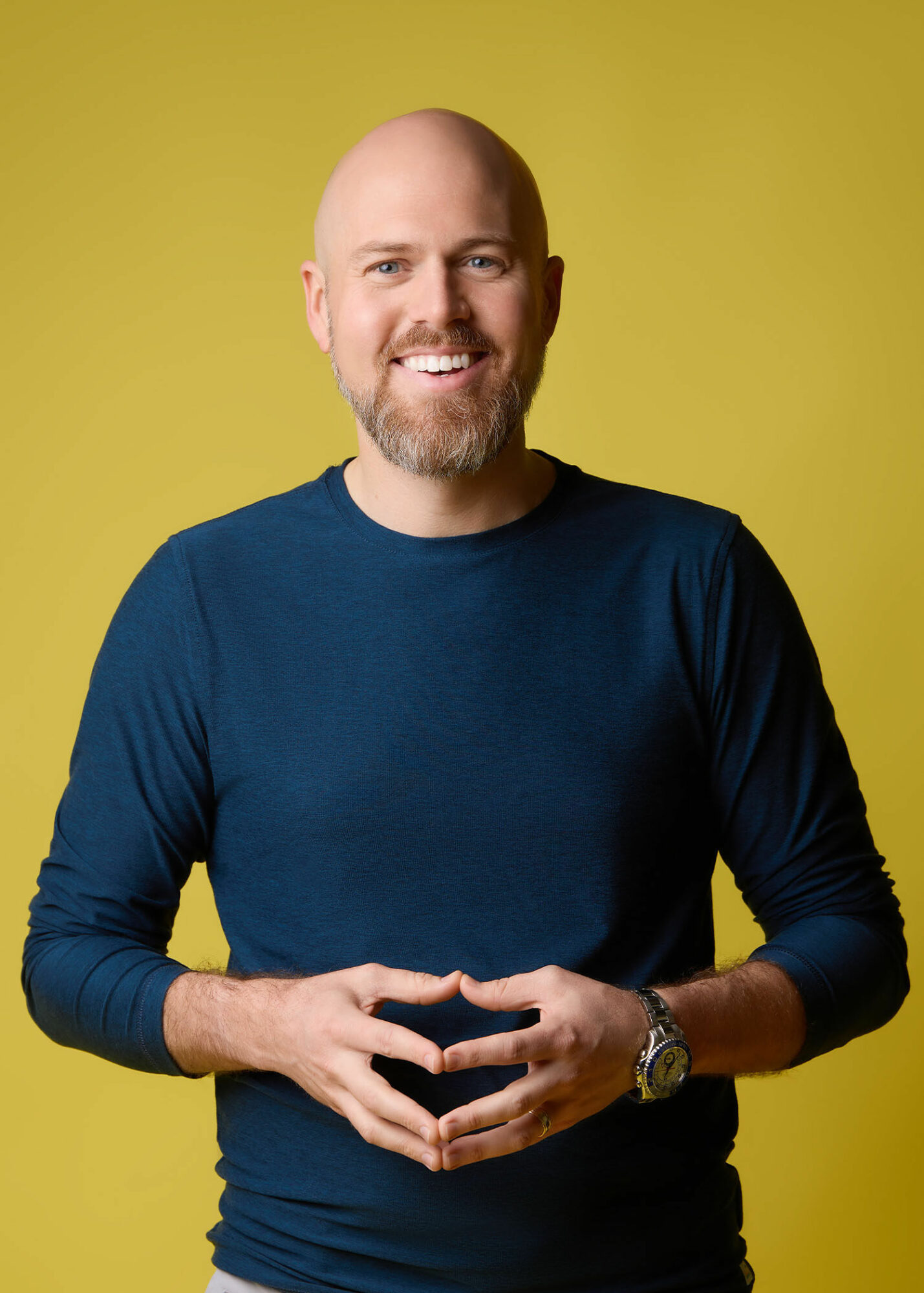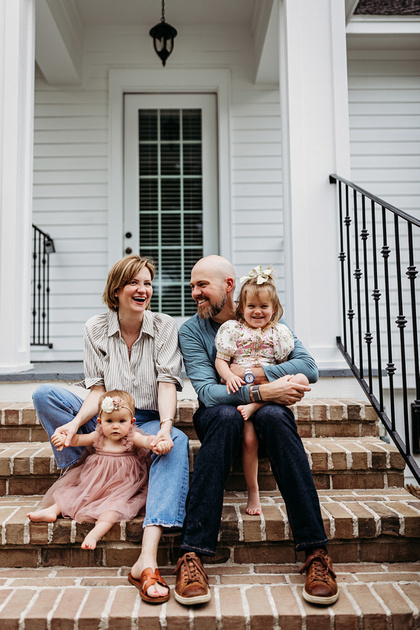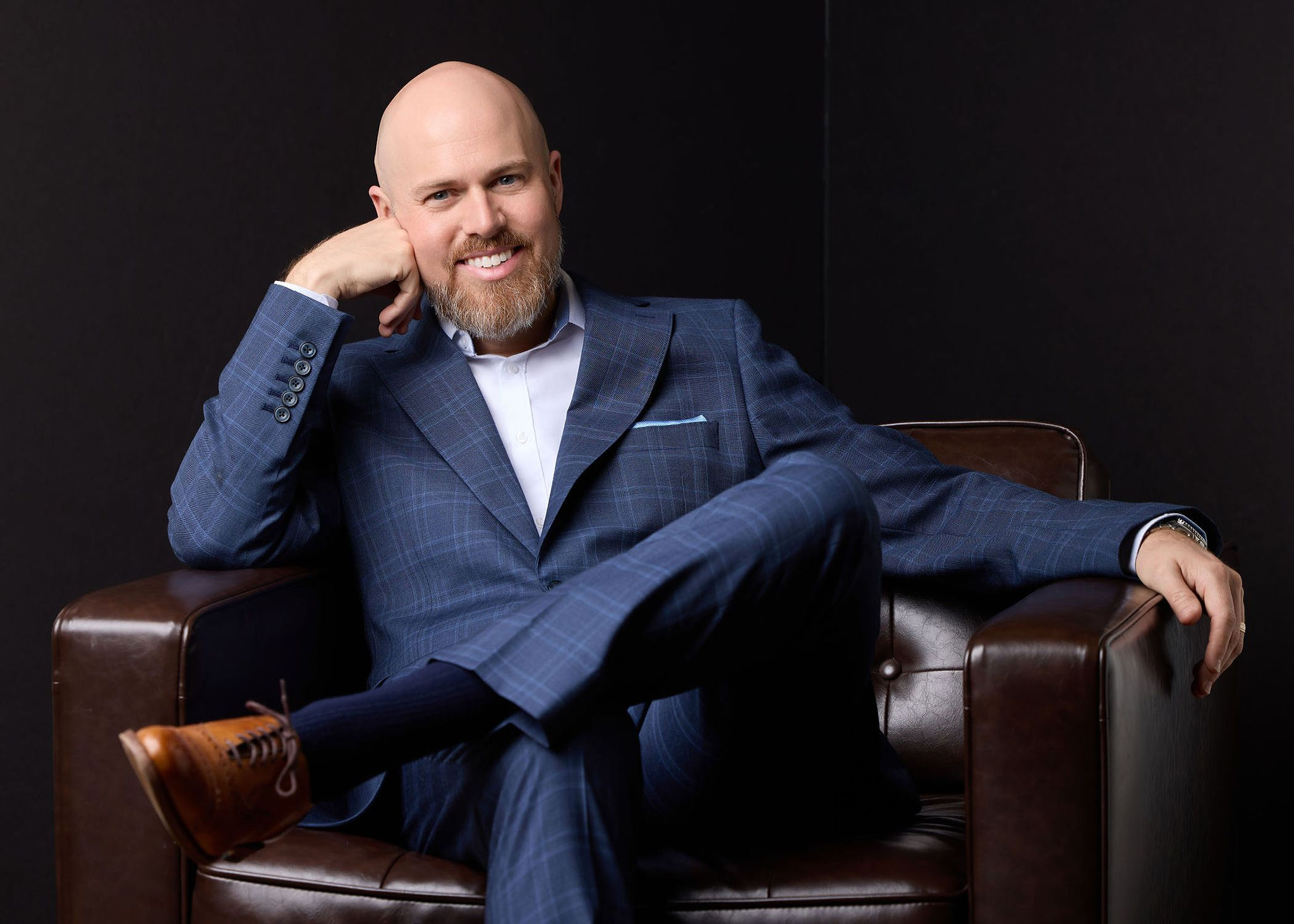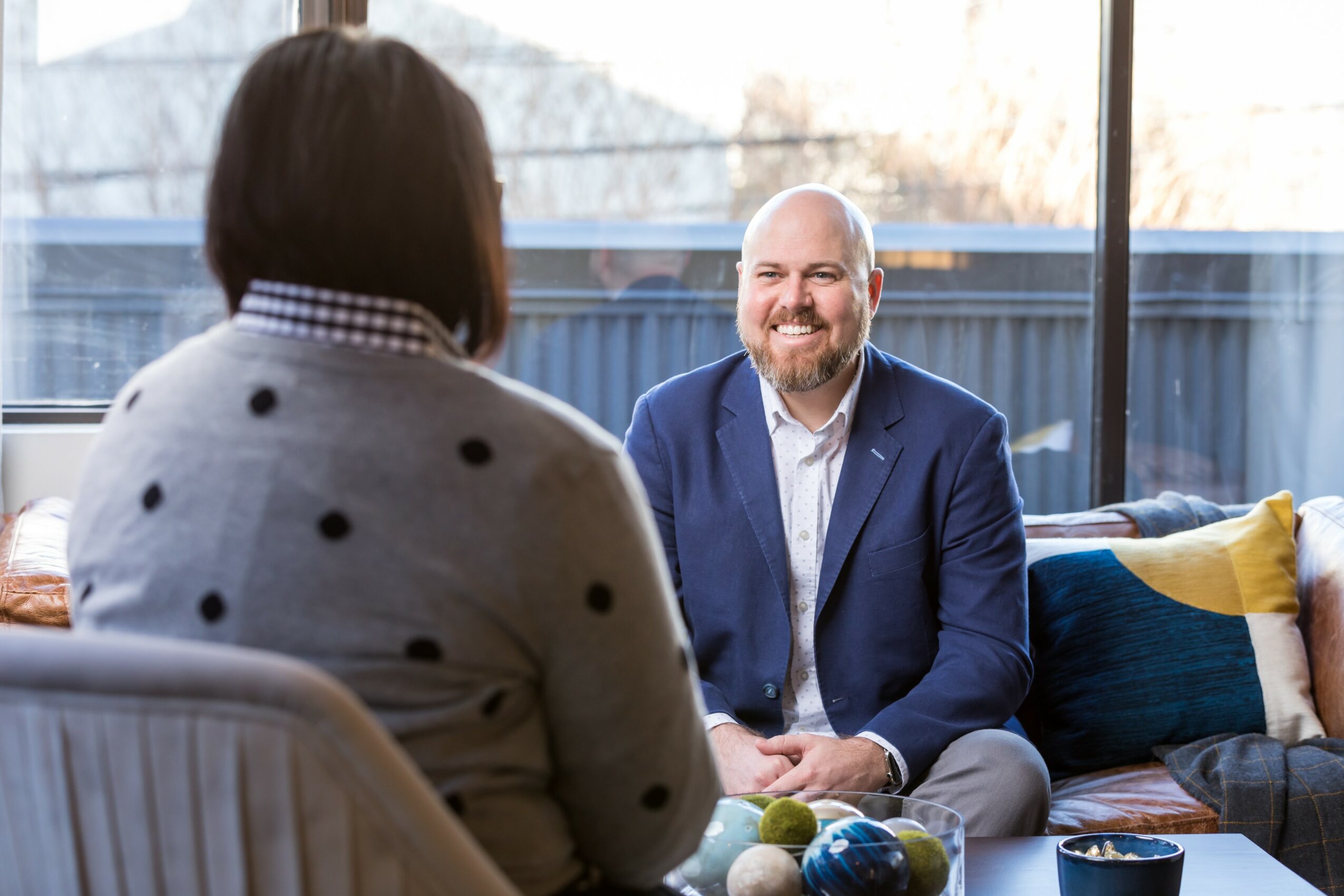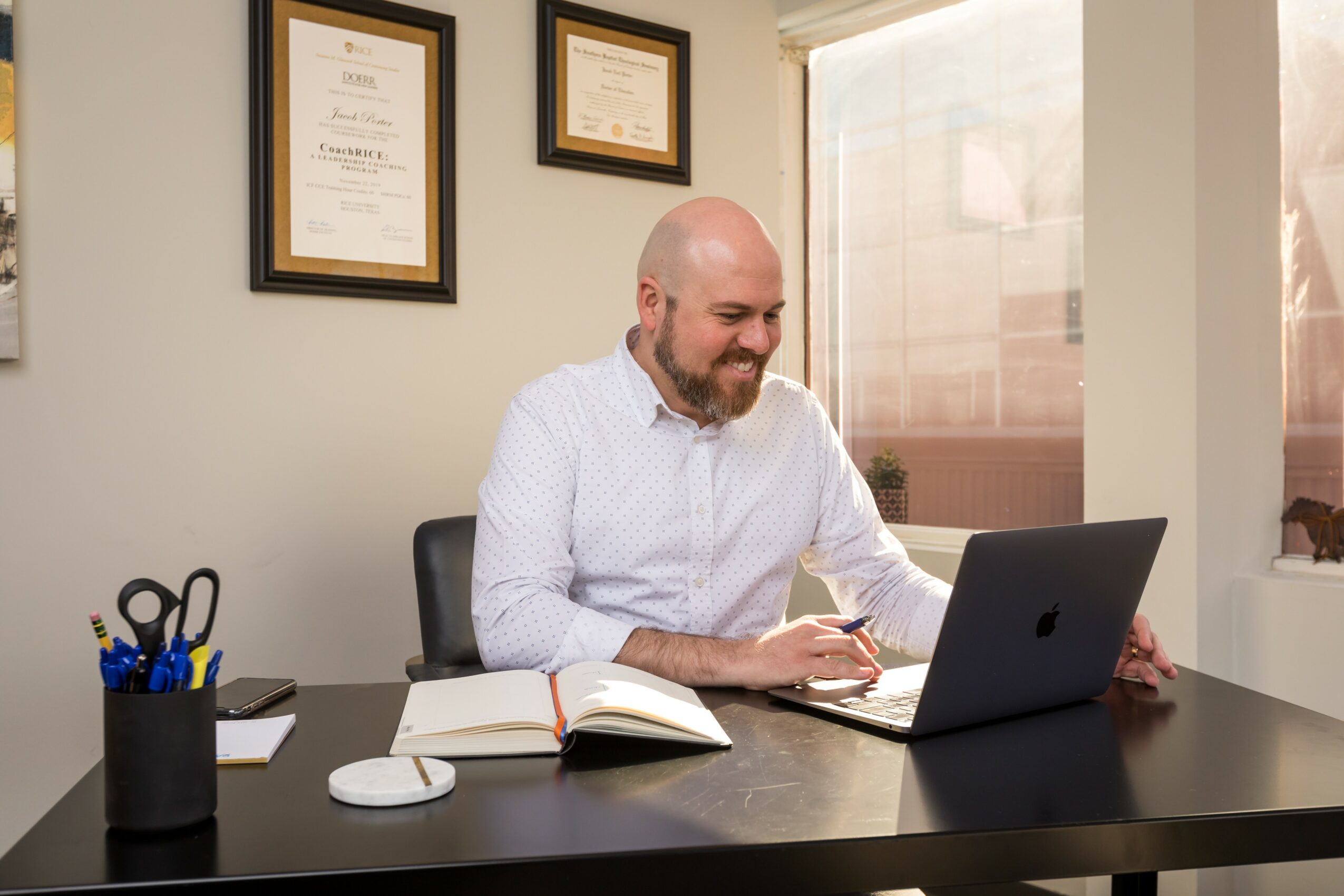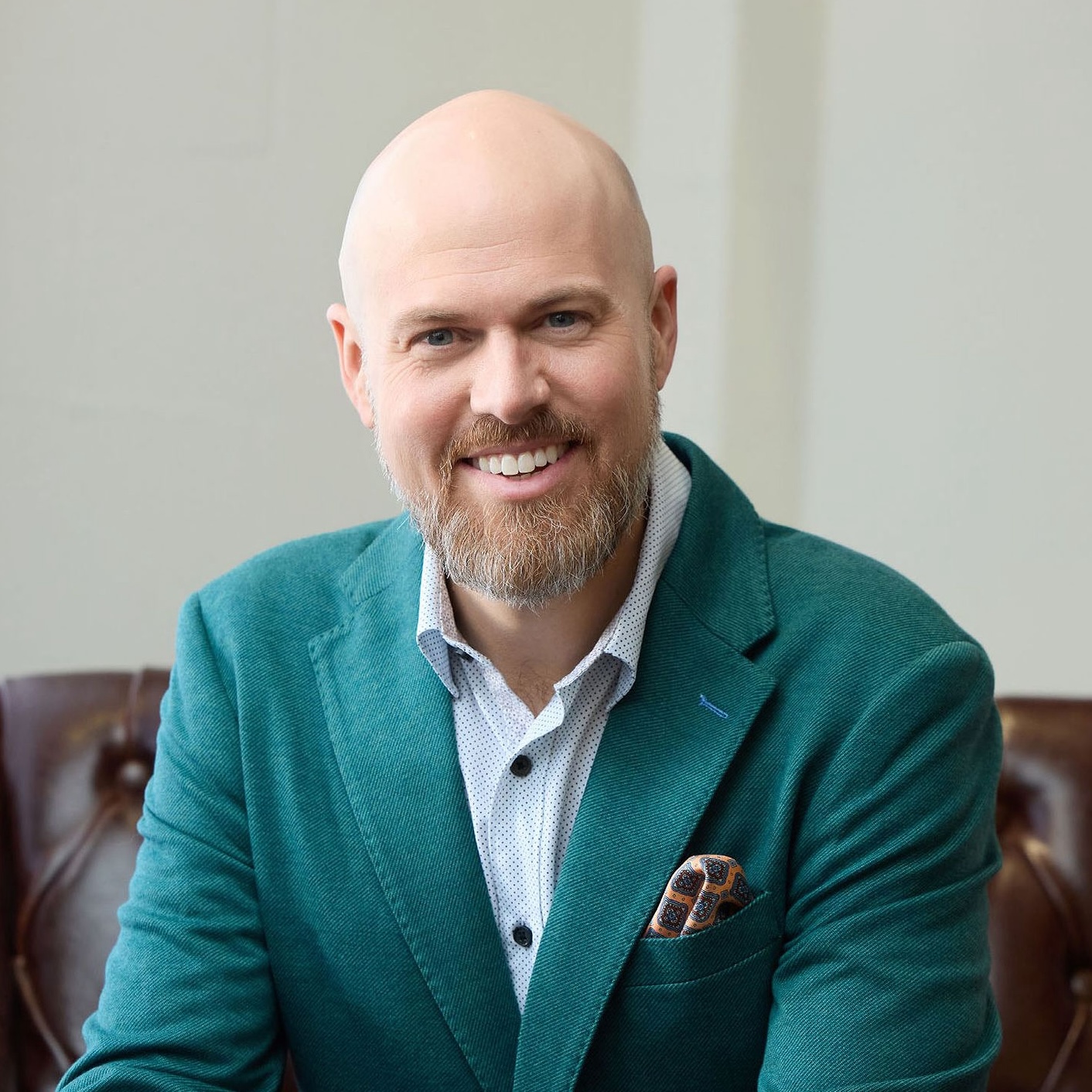

We’re looking forward to introducing you to Dr. Jake Porter. Check out our conversation below.
Jake, we’re thrilled to have you with us today. Before we jump into your intro and the heart of the interview, let’s start with a bit of an ice breaker: What’s more important to you—intelligence, energy, or integrity?
Integrity. Without question.
You can have all the brilliance in the world or enough energy to light up a city, but if those gifts aren’t anchored in integrity, they can end up doing more harm than good.
For me, integrity is more than honesty or moral uprightness—it’s integration. It’s when my body, mind, emotions, ethics, and spiritual life are all in alignment, moving together in the same direction. When my values, my purpose, and my daily choices harmonize, I’m aimed toward the future I want in a way that can’t ultimately fail.
That doesn’t mean everything I touch turns to gold or that I never experience setbacks. Projects will flop. Doors will close. But I measure success first by how I show up—by whether I acted in congruence with my deepest values—not by whether I hit a particular financial, social, or professional target.
In my work with couples, especially those navigating betrayal and trauma, I’ve seen that real healing and trust can’t exist without integrity. Intelligence and energy can be powerful tools, but only integrity makes sure those tools are used in service of connection, growth, and good.
Can you briefly introduce yourself and share what makes you or your brand unique?
I’m Dr. Jake Porter, founder and president of Daring Ventures and the creator of the Couple-Centered Recovery® model. My team and I specialize in helping couples heal from betrayal trauma and rebuild connection after deep relational ruptures, often in the wake of problematic sexual behaviors or addiction.
What makes our work unique is that we approach healing as a shared process. Most recovery models focus on individual change and then try to stitch the relationship back together later. We believe the relationship itself can be the crucible for transformation, when both partners engage together—safely, intentionally, and with the right tools.
My approach weaves together attachment theory, developmental neurobiology, affect regulation, and performance psychology with a deep respect for the human spirit. I also integrate Integrity Driven Recovery™, a framework I developed to help individuals—especially those who’ve caused harm—rebuild trust from the inside out by aligning their actions with their deepest values.
This isn’t just professional for me; it’s personal. I’m in recovery myself, and the principles I teach have been forged in the fires of my own healing journey. I know firsthand that pain doesn’t have to be the end of the story. In fact, with the right guidance, it can become the catalyst for a deeper, more meaningful connection than ever before.
Right now, I’m working on expanding access to our resources worldwide through online courses, intensives, and professional training programs with the International Association for Couple-Centered Recovery (IACCR). At the heart of it all is a simple mission: to help people choose connection over fear—every single time.
Great, so let’s dive into your journey a bit more. Who taught you the most about work?
My dad.
I grew up watching him start and run lots of businesses: restaurants, convenience stores, gas stations, storage units, a plumbing company, and more. He took risks, worked hard, and provided well. He was a dreamer, but also he could turn a vision into reality through sweat equity and courage.
But more than anything, my dad taught me the value of character in work. I watched how he cared for his employees, going above and beyond to treat them with dignity and respect. He ensured they had what they needed, that their kids had school supplies and a good Christmas, that no one was going without any of life’s basic necessities. He took a chance on people who had some rough pasts, and he helped them build better lives for themselves and their families.
I can’t help but understand that my business is something to steward—not just the clients who entrust us with their care, but my team, as well. It is an honor to get to do the work I do alongside the people on my team. Together, we dream big and work hard, and we see lives change. That feels good.
If you could say one kind thing to your younger self, what would it be?
Dream big, but act small.
Every daily choice is a step in a particular direction, shaping the trajectory of your life. Having a vision for the future is important, but vision without present action is like a ship without a rudder—you’ll drift at best, or head the wrong way at worst.
Bring your future into the present. Let who you want to become and the life you want to create guide the decision right in front of you today. That’s how you get there—not in one giant leap, but in thousands of small, faithful steps.
Next, maybe we can discuss some of your foundational philosophies and views? What are the biggest lies your industry tells itself?
One of the biggest lies in my field is that suffering is the enemy and our job is to make it disappear as quickly as possible. In relationships, that’s simply not true. All deep, meaningful relationships will involve seasons of pain, challenge, and disappointment. To expect otherwise is to set ourselves up for disillusionment or escape.
When couples face betrayal or deep ruptures, the pain is real and often overwhelming. Of course, we work to create safety and reduce unnecessary suffering—but if our only goal is elimination, we rob people of the very experiences that can forge the strongest bonds. Certain kinds of suffering, when met with honesty, empathy, and support, can be the crucible where trust is rebuilt and intimacy deepens.
The work, then, is not to rush past the pain but to walk through it together, finding meaning in it. In that process, couples often discover a kind of connection that isn’t possible on the far side of avoidance. The goal isn’t a life or relationship without suffering—it’s to learn how to let suffering shape you into more connected, more compassionate, more resilient partners.
Okay, we’ve made it essentially to the end. One last question before you go. What is the story you hope people tell about you when you’re gone?
I hope people tell stories of me as someone who was both humble and kind. Years ago, before my practice had grown into what it is today, a friend and colleague told me that the Tim McGraw song Humble and Kind reminded her of me. She also gave me a warning: as my influence and visibility grew, I would feel the pull to let go of those qualities—and I needed to fight to hold on to them. That advice stuck with me.
For me, humility means remembering that I’m just one person in a much larger story. I’m not in competition with my colleagues; I want to cheer them on. I’m not possessive of clients; I know I’m not the right fit for every couple. I want to share what I’ve learned, train others, mentor new clinicians, and invest in the next generation of healers.
Kindness means using whatever platform or influence I’ve been given to lift others, not to elevate myself. I believe deeply in the principle that to whom much is given, much is required. My hope is that when I’m gone, the stories people tell won’t just be about my work, but about the way I showed up for them—with generosity, encouragement, and a willingness to put people above ego.
Contact Info:
- Website: http://drjakeporter.com
- Instagram: http://instagram.com/drjakeporter
- Linkedin: http://linkedin.com/in/drjakeporter
- Facebook: http://facebook.com/drjakeporter
- Youtube: http://youtube.com/@drjakeporter
- Other: http://daringventures.com
